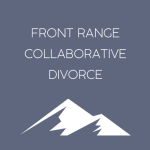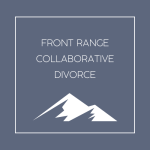By Jeannine Lee
Coping Strategies
While we are in a survival state we resort to behaviors that have worked in the past, often behaviors learned in childhood. We hang on to them because we don’t know what else to do. These become our coping strategies. Some are good and healthy like going to the gym more often, but sometimes the things we’ve chosen do more harm than good, like substance abuse. We believe they will bring comfort or protect us in some way to take a break from the persistent pain.
If we use our coping strategies to deny reality it only delays positive forward movement. Here are some of the most common harmful strategies:
- Compulsive dating, serial sex partners, or reliance on pornography in an effort to avoid the feelings that come with loss of love.
- Isolating or drinking when depressed instead of reaching out to friends.
- Gambling in an attempt to cure financial malaise rather than investing in known returns.
- Overeating or choosing comfort foods that may be unhealthy.
- Overspending, undermining your security.
These strategies may help us cope for a while, but they don’t solve anything in the long run. They are temporary band-aids that are ultimately self-defeating. They can take on a life of their own, leaving you with both the original problem, such as financial hardship, and layering on another problem, such as out of control debt.
One thing I want you to avoid is “white-knuckling it” and calling that stability. Hanging on tightly to things that do not work in an effort to maintain a sense of calm is not real stability.
Identify Your Coping Strategies
So what can you do? First, think of things you have been doing to cope with your distress. Next, identify the costs or benefits involved for each one. By “costs,” I don’t necessarily mean monetary, but costs to your health, your family and other relationships, your work, or your future. Benefits can be things like renewed energy, new friends, or a hobby that enlivens you. Some strategies may have both a cost and a benefit; for example excessive alcohol is obviously harmful to health, but moderate consumption can calm frayed nerves after an intense day. How is your chosen activity helping you, and how might it be hurting you? What healthier choices could you make?


